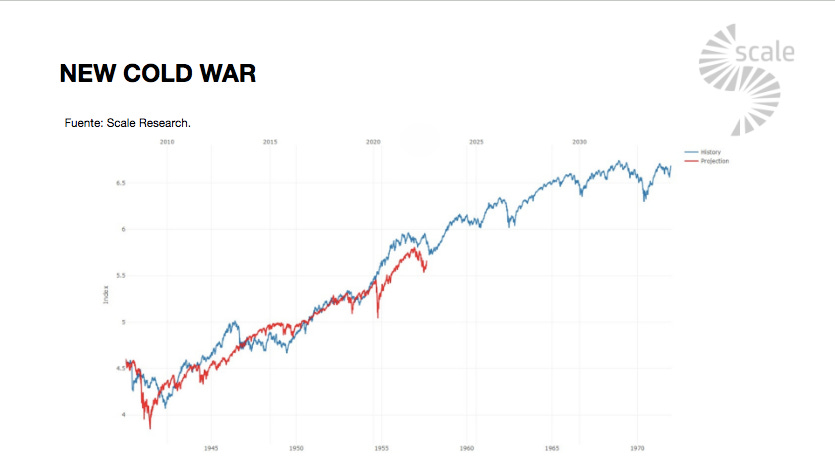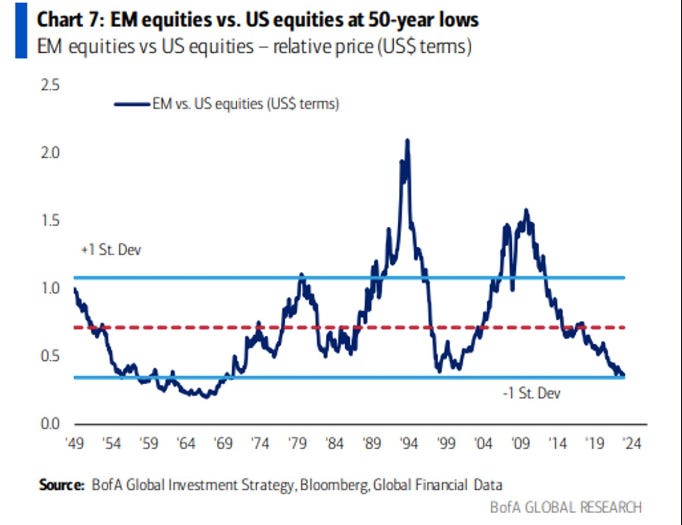The Rebirth of the American Buffalo: Reflecting on Munger and Kissinger's Passing
Integrity, honesty, perpetual learning, and long-term thinking, coupled with visionary thinking, risk-taking, innovation and decentralization, embody the spirit of the rebirth of the American Buffalo.
In this blog post, we ponder the recent departures of two pivotal figures in 20th-century U.S. history—Charlie Munger and Henry Kissinger. Munger, celebrated as Warren Buffett's partner, and Kissinger, the architect of U.S. geopolitics, symbolize the conclusion of an era and the potential dawn of a new epoch.
Let's delve into the technological landscape to unravel this shift. Technology's ultimate aim is to expand human possibilities. Throughout history, we've witnessed transformative leaps—from agriculture to the Renaissance and the foundations of industrial society—spanning nearly 300 years. Munger and Buffett's era was the last frontier of the industrial epoch, characterized by mass production, automobiles, and aviation, aligned with the U.S.'s pursuit of geopolitical dominance during the Cold War.
However, Kissinger's strategic maneuver with China altered these dynamics. The U.S. orchestrated a masterful play, weakening the Soviet Union and ultimately concluding the Cold War. Ironically, this victory left the U.S. without a clear rival, leading to a decline in the manufacturing sector as companies sought cost-effective production, notably in China and with that also intellectual property and technological competitive advantage.
The Myth of the Buffalo
This scenario finds resonance in a Native American buffalo myth. In ancient Blackfoot legends, a tribe facing winter famine brokered an unexpected deal: a young woman pledged to marry a buffalo for sustenance, initiating a buffalo dance ritual that intricately united the animal kingdom in life's intricate theater.
Confronted with the challenge of feeding a vast community, the tribe sought to drive a buffalo herd over a cliff for winter meat. The buffalo resisted until a daughter of the tribe promised marriage, eliciting surprising compliance. Led by the shamanic elder buffalo, a procession began, exposing the daughter's disappearance. The father's quest, guided by a shamanic magpie, unfolded at a buffalo wallow, culminating in negotiation attempts and a buffalo dance, tragically resulting in the death of the young lady's father.
The buffalo's compassionate husband proposed the daughter's freedom in exchange for resurrecting her father. A magpie-found vertebra and a powerful song revived him, prompting the buffalo to offer the tribe their dance, symbolizing life's cyclical essence.
The resurrection of the productivity Buffalo
Case of Bull Market in the US. Blue S&P Cold War. Red S&P now.
The coronavirus serves as a wake-up call, awakening the American buffalo spirit and highlighting the necessity for innovation. This extends beyond vaccine production to rewiring the global economy due to national security concerns. Breakthroughs in deep mind AI systems promise enhanced comprehension of proteins, matter, and energy. ChatGPT is revolutionizing the internet, and in a future where AI generates digital abundance, crypto emerges as the means to achieve digital scarcity. The convergence of these technologies will reshape our society.
We are entering a new era of technological development; evoking the necessity for a mindset akin to that which propelled the industrial revolution for centuries. Now, a fresh perspective is required to drive the digital revolution forward.
Munger and Buffett exemplified values such as spirit, integrity, honesty, continuous learning, and long-term thinking, echoing the ethos of the new generation—marked by visionary thinking, risk-taking, and a quest for freedom and decentralization. These values go beyond traditional norms, symbolizing progress achieved through adaptive practices and innovative thinking.
Munger and Buffett consistently invest in one crucial aspect: the capacity and stability of the institutions of the United States to reinvent themselves. This capacity is notably more challenging in emerging markets. If we draw an analogy with the Cold War era (1950-1970), the rewiring of global supply chains and the resurgence of productivity will likely favor the outperformance of developed markets over emerging markets.
Source: Bank of America.
The deaths of Munger and Kissinger signal the end of one chapter and the potential beginning of another, where embracing renewal is paramount for progress. As the world enters a new cold war, a rebirth in manufacturing and productivity, akin to the American buffalo's resurgence, unfolds.
Munger told Buffett, “he should write his obituary the way he wants it written, and then live his life accordingly,” Quick said. “Look at things, and live backwards.”
Thanks for reading,
Guillermo Valencia A
Brazil, December 3th, 2023






